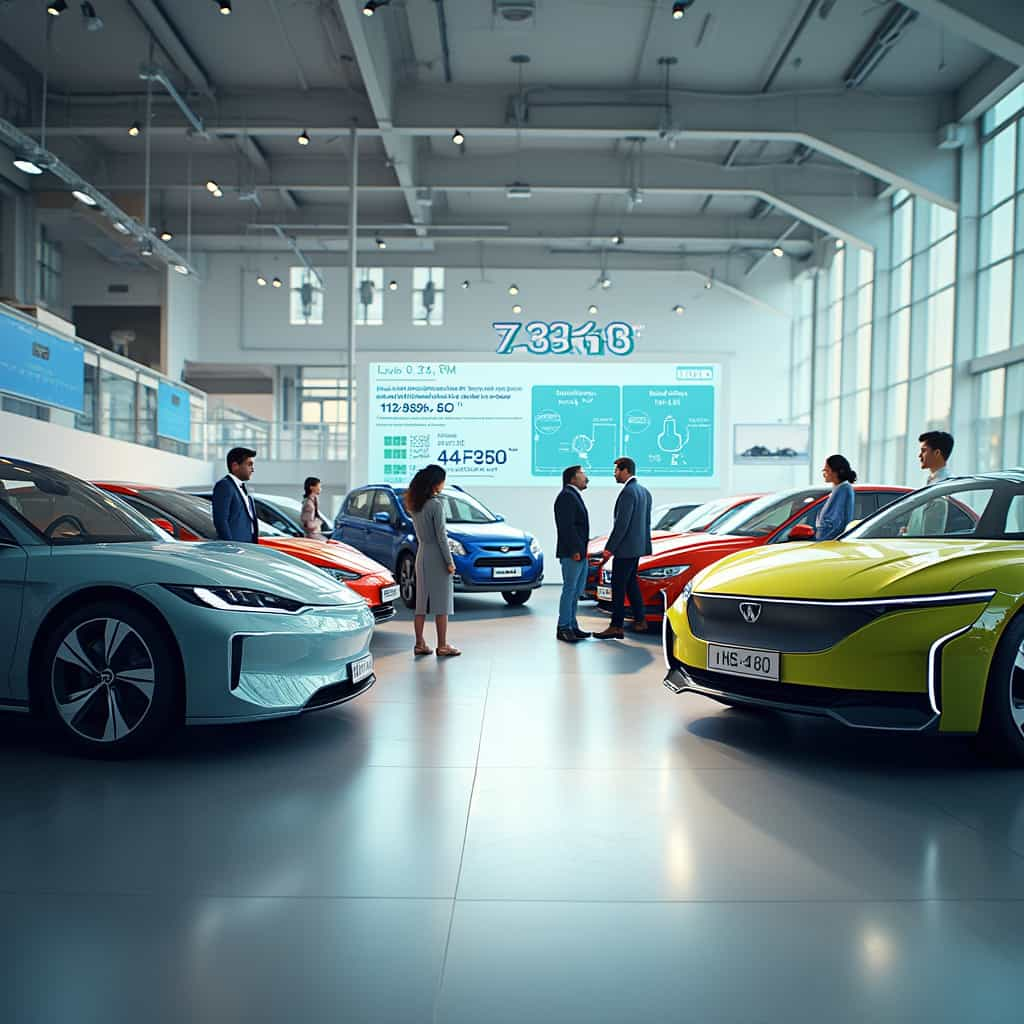The shift towards sustainable transport has significantly increased interest in electric (EV) and hybrid vehicles over the past decade. Countries worldwide are implementing stricter emissions standards, propelling this movement towards cleaner alternatives. Yet, with this momentum comes the challenge of understanding the technical nuances and market dynamics of electric and hybrid cars.
A critical factor when considering an electric or hybrid vehicle is the battery. Battery life and its associated warranties are paramount as they dictate the vehicle’s long-term viability and resale value. Most modern electric vehicles come equipped with lithium-ion batteries, similar to those found in consumer electronics, but on a much larger scale. These batteries have an average lifespan of around 8-15 years or approximately 100,000 to 150,000 miles. Tesla, for instance, offers an eight-year battery warranty with varying mileage parameters based on the model.
Hybrid vehicles, while incorporating a traditional internal combustion engine alongside an electric battery, boast of longer battery life due to reduced strain. Hybrids like the Toyota Prius can often see battery life extend beyond 150,000 miles. However, it is crucial for buyers to understand that hybrid batteries still undergo wear and require eventual replacement. Notably, Toyota offers a warranty of eight years or 100,000 miles on its hybrid systems.
Expert opinions in automotive technology emphasize the importance of routine battery checks. According to Dr. Michael Forsyth, a leading energy systems expert, “Regular diagnostics and battery conditioning can greatly extend the life of an EV or hybrid battery. It’s not just about the number of miles driven but also understanding and managing charge cycles properly.”
Alongside battery considerations, potential buyers must understand the warranty offerings accompanying these vehicles. Warranties typically cover the major components of the hybrid system, including the battery, electric motors, and power electronics. The coverage can vary significantly between manufacturers. For instance, Hyundai provides a lifetime hybrid battery warranty for the first owner of their hybrid models—a unique aspect that can sway buying decisions.
Purchasing considerations do not end with understanding battery and warranty specifications. The operational cost, charging infrastructure, and lifestyle suitability are central to choosing between electric and hybrid options. Electric vehicles thrive in urban environments with readily available charging stations. Countries with advanced charging networks, such as Norway and the Netherlands, see a higher EV adoption rate attributable to government incentives and comprehensive charging infrastructures.
Globally, different regions exhibit varied preferences for EVs and hybrids. In North America and Europe, the uptake of electric vehicles has been more consistent due to governmental policies and consumer awareness. However, Asian markets like China are demonstrating rapid adoption rates due to competitive pricing and innovation in EV technology.
To assist consumers further, several online resources and automotive magazines provide valuable insights into the electric and hybrid market. Publications like Automotive News and the digital platform InsideEVs offer detailed reviews, ownership experiences, and critical updates on automotive advancements. Utilizing these resources helps buyers remain informed about the latest developments and promotional offers.
When contrasting the recharge times between these vehicles, electric cars generally require longer periods to reach full charge compared to the quicker refueling of hybrids. The Type 2 connectors and CCS fast chargers can considerably reduce charging times for EVs, often replenishing to 80% capacity in about 30 minutes. Meanwhile, a standard home outlet might necessitate overnight charging.
Conclusively, potential buyers should weigh their personal driving habits and infrastructural conveniences before making a decision. While electric vehicles promise zero emissions and sleek modernity, hybrids offer versatility and peace of mind without the immediate need for charging infrastructure.
You may also like
The Perks and Challenges of Buying a Detached House in the Suburbs
Buying a detached house in the suburbs offers a tranquil lifestyle with potential financial benefits. This article delves into cost considerations, advantages, and options for suburban homes, offering a comprehensive comparison of the most appealing market proposals.
The Intricacies of Acquiring a City Center Apartment: Proposals, Prices and Perks
Acquiring an apartment in the city center offers numerous advantages, including access to amenities and a vibrant lifestyle. However, it also presents challenges such as high prices and limited availability. This article explores proposals, costs, advantages, and issues associated with purchasing a central city apartment, while providing a comparison of the most competitive offers available.
The Diesel vs. Petrol Dilemma: The Complex World of Auto Purchases
This comprehensive guide aims to assist potential car buyers in discerning between diesel and petrol vehicles, outlining market offerings, common pitfalls, and essential checks for both types. By examining industry trends and expert insights, we provide a comparative analysis to aid informed decision-making, spotlighting trusted resources and geographical preferences worldwide.
The Ultimate Guide to Buying Your Ideal Car
Deciphering the task of buying a car, our article simplifies the steps and considerations one must take into account. From defining your needs to finalizing the purchase, we shed light on the complex purchasing process without revealing all the details in the introduction.
